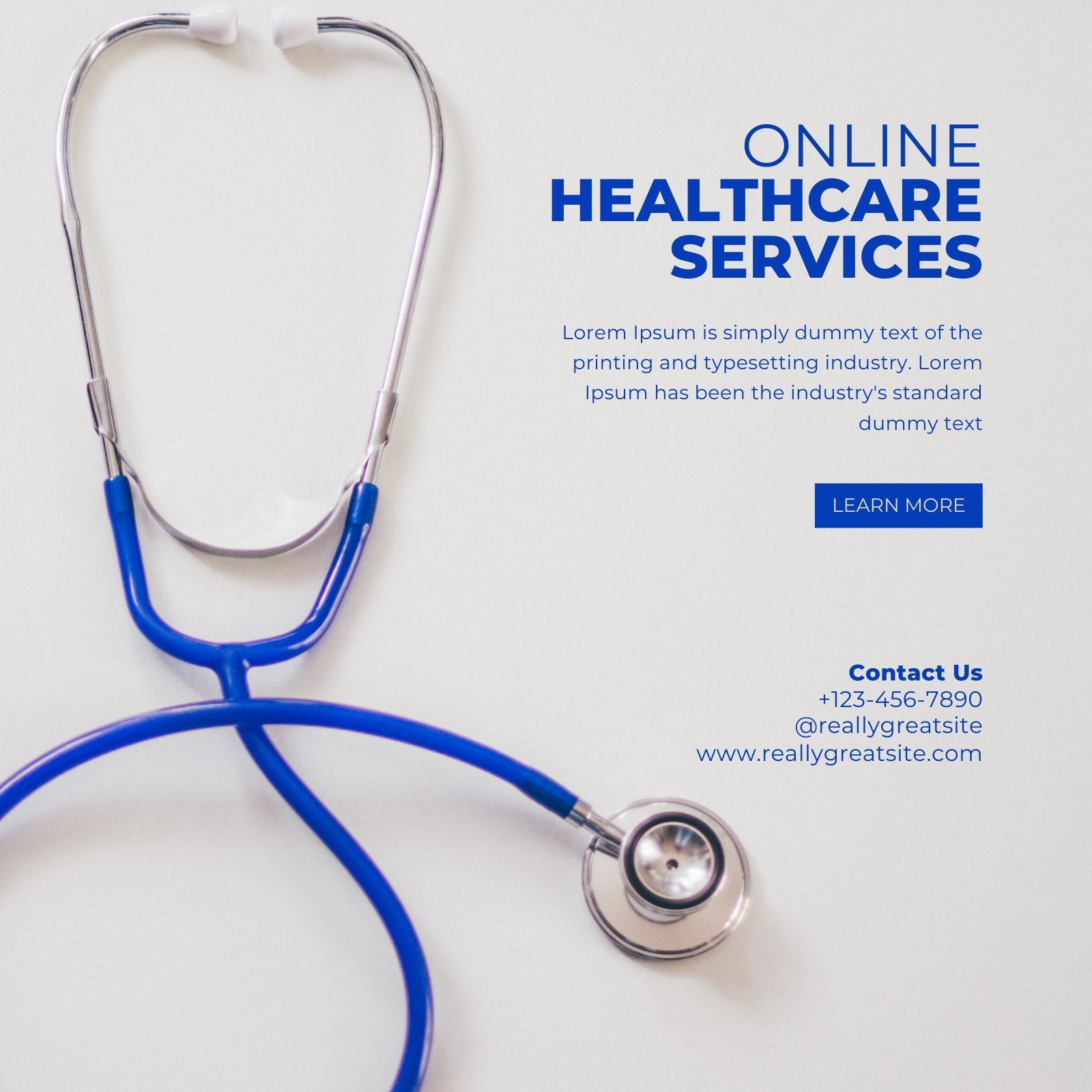Unlocking the Secrets of Subscription Based Healthcare for Better Patient Outcomes
Unlocking the Secrets of Subscription Based Healthcare for Better Patient Outcomes
Blog Article
Navigating the Future of Medicine With Subscription-Based Healthcare Provider
As the healthcare market evolves, subscription-based services arise as a critical version guaranteeing to reshape person care shipment. The solutions to these questions might basically alter our technique to medical care.
Rise of Membership Medical Care
As healthcare systems around the globe face increasing pressures from increasing prices and need for services, the development of subscription-based medical care models has emerged as a transformative pattern. This cutting-edge approach is disrupting traditional health care distribution by offering a predictable, flat-rate payment structure for clinical solutions. Rooted in the concepts of attendant medication, subscription-based medical care permits companies to concentrate on tailored patient care while at the same time handling operational effectiveness.
The increasing customer demand for transparency and predictability in medical care costs has driven the change towards this model. Subscription-based solutions typically offer straight access to health care professionals, which can minimize the administrative problems connected with insurance claims and reimbursements.
This version is getting traction among varied healthcare companies, from primary care doctors to specialized facilities, by lining up financial incentives with preventative and continuous care. By moving the focus from quantity to value-based care, membership healthcare has the prospective to improve the landscape, fostering an extra patient-centered and sustainable strategy to health administration.
Advantages for Clients

In addition, subscription-based solutions often emphasize precautionary care, motivating routine examinations and health and wellness testings. This aggressive approach can result in early detection of health issues, potentially improving outcomes and reducing long-term healthcare prices for people. Furthermore, such models typically offer clear rates, enabling individuals to better understand their healthcare expenditures and stay clear of unforeseen medical bills.
The personalized nature of subscription-based health care additionally enhances client experience. People can receive tailored medical care strategies that suit their certain demands, fostering a much more patient-centric strategy.
Technology's Role in Improvement

Synthetic intelligence (AI) plays a vital role in predictive analytics, assisting in very early medical diagnosis and customized treatment plans. AI algorithms analyze vast datasets to recognize patterns that could be forgotten by human monitoring, therefore improving clinical decision-making. Furthermore, digital health documents (EHRs) simplify individual info administration, guaranteeing continuity and comprehensibility of treatment across numerous solutions and companies.
Blockchain innovation enhances information safety and privacy, critical for preserving patient depend on in digital systems. It enables clear and safe transactions of clinical data, guaranteeing that delicate information continues to be protected. With the assimilation of artificial intelligence and AI, blockchain can automate complicated medical care processes, minimizing administrative problems.
Obstacles and Considerations
While innovation moves the abilities of subscription-based medical care services, it likewise presents a set of difficulties and considerations that have to be addressed to make sure effective implementation. One considerable difficulty is the fair accessibility of these solutions. As membership models typically count on digital platforms, there is a danger of aggravating the electronic divide, leaving behind individuals without internet gain access to or electronic proficiency. Making certain these services do not disproportionately benefit only tech-savvy and upscale populations is imperative.
Information personal privacy and protection stand for an additional critical factor to consider. Subscription-based solutions commonly involve the collection and storage of large amounts of personal wellness details. Carriers have to stick to rigid data security policies to maintain patient trust fund and protect against unapproved gain access to, which could lead to substantial honest and legal repercussions.
In addition, the sustainability of registration models poses an obstacle. As health care needs advance, keeping an economical balance in between membership fees and solution high quality is vital to protect against individual dissatisfaction and attrition. In addition, incorporating these services within standard healthcare systems calls for seamless interoperability in between platforms, which is usually a complicated and resource-intensive endeavor. Attending to these difficulties is necessary as subscription-based healthcare solutions remain to progress and expand.
Future Effects for Medicine
Subscription-based health care services are poised to substantially affect the future landscape of medication you can find out more by improving exactly how treatment is accessed and provided. These designs use the prospective to equalize health care gain access to, offering clients with more customized and timely interventions. By leveraging modern technology, such as telemedicine and information analytics, registration solutions can assist in constant monitoring and tailored wellness monitoring, therefore enhancing outcomes and reducing the concern on typical health care systems.
As these services gain traction, they can promote a shift towards preventative treatment, highlighting the significance of early discovery and administration of chronic problems. This positive approach might eventually decrease medical care expenses by mitigating the demand for costly treatments emerging from late-stage illness management. Registration designs offer a find out this here scalable option to deal with differences in health care accessibility, particularly in underserved or rural populaces.
However, the shift in the direction of subscription-based designs demands dealing with governing and ethical considerations, consisting of data privacy and fair access. As the market advances, collaborative efforts in between policymakers, technology designers, and medical care service providers will certainly be crucial to establishing durable structures that protect person interests while promoting technology. Ultimately, these services guarantee to add dramatically to a more efficient, patient-centered medical care community.

Conclusion
Subscription-based health care solutions represent a considerable advancement in the medical area, supplying predictable expenses and individualized treatment that enhance availability and focus on safety nets. Technical innovations, such as telemedicine and AI-driven analytics, facilitate tailored client experiences, boosting total wellness results. However, challenges such as information privacy and equitable gain access to need to be resolved to ensure the extensive benefits of these services. As the healthcare landscape evolves, subscription models are poised to play an important function fit the future of medicine.
As the medical care market evolves, link subscription-based services emerge as an essential version assuring to reshape person treatment shipment.As healthcare systems around the world face raising stress from rising prices and need for services, the development of subscription-based health care models has arised as a transformative trend (subscription based healthcare).With the rise of subscription-based medical care designs reshaping typical health care delivery, people are beginning to experience significant advantages from this innovative strategy. As health care requires develop, keeping an economical balance in between subscription costs and service top quality is vital to protect against client frustration and attrition.Subscription-based healthcare solutions are poised to substantially affect the future landscape of medicine by improving how care is accessed and supplied
Report this page